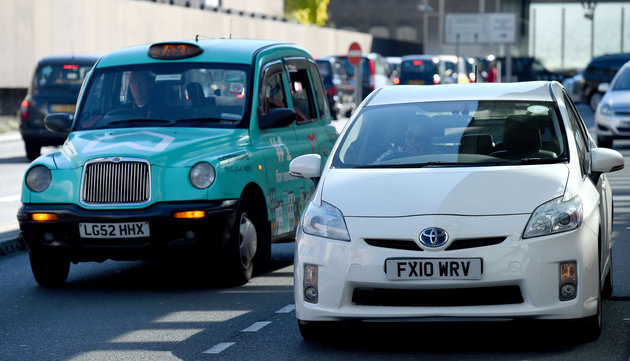
Uber faces questions over protection offered to drivers who work more than 60 hours a week amid fears passenger safety is being put at risk.
Rachel Reeves, chair of the Commons Business, Energy and Industrial Strategy committee, has written to the taxi tech firm to clarify its policies for those who work much longer than the typical working week.
Responding to an earlier submission of evidence from Uber, the Labour MP wrote (pdf): “I would be grateful if you could update the Committee on the missing figures of how many and what proportion of drivers work more than 70hrs and 80hrs per week.”
Uber said just six percent of those drivers using its app work more than 60 hours a week.
Under working time regulations, people can’t work more than 48 hours a week on average over 17 weeks, but can choose to opt-out, according to the government.
The call for greater clarity over how Uber runs its business comes after the firm lost its London operating licence, as well as an appeal against it at an employment tribunal.
Trade unions including GMB have raised concerns over driver and passenger safety, with long working hours cited as an issue.
Transport for London (TfL) described Uber as “not fit and proper” in its decision to revoke the firm’s right to operate in the capital.
At an early hearing of the Commons committee, Uber boss Andrew Byrne revealed the firm was testing the ability to force drivers to log out if they had been online for more than 12 hours in a single day.
Uber says drivers “spend an average of 30 hours a week logged into” its app.
A spokesperson added: “However, this is not the same as the number of hours spent driving since drivers can log in while on a break or doing other things.
“We take the issue of tired driving seriously, which is why we regularly remind drivers to take rest breaks and will shortly be introducing hours limits in our app.”
The appeal against TfL’s ruling will begin with a court date on 11 December.
Uber recently announced millions of its British customers were affected by a hack of its data last year.
CORRECTION: An earlier version misstated the date of an appeal ruling as 10 December. In fact, the appeal against TfL’s ruling will be heard on 11 December.
END

Be the first to comment